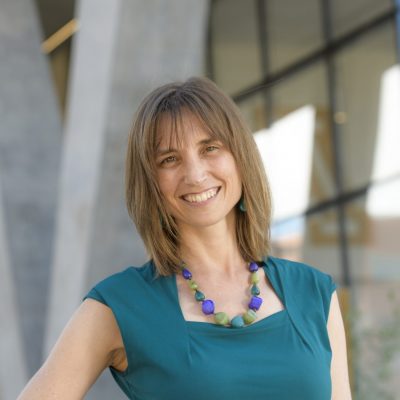24 Making My Way with Words
Kasi Kiehlbaugh
As I neared the end of graduate school, I was faced with an existential question: how had I — a highly sensitive empath who thrives on connection and communication — made my way down an academic path where I felt so trapped and isolated? I was earning my PhD in chemical engineering from one of the best schools in the world and I didn’t want the degree — I didn’t want to be an engineer. A little bit of me died each time I thought about a 40-year career spent engineering faster computer chips, my chosen field. Writing became a lifeline for me during this very challenging period. It was my means of escape from the cold, technical prison of the engineering career I felt I had immured myself within and into a different career where I could directly impact individuals’ lives. By combining my technical background with my writing skills, I was able to pivot to a non-traditional career in academic editing.
I learned later in my journey that engineering wasn’t actually a prison at all; it was a powerful tool I could use to accomplish my goals, just like writing. But I had to find my own way to apply my engineering skills, not the way society dictated they be used. For me, that meant doing something other than becoming a practicing engineer working in industry.
During my final year in graduate school, I had the opportunity to start working part time for a new company that provides language-editing services to international researchers seeking to publish their research in peer-reviewed, English-language scientific journals. Each week during my spare time, I edited manuscripts from people all over the world and I found that I both enjoyed and was very good at polishing and refining highly technical content, even when it was written in broken English and far outside of my area of expertise. This was work that came naturally to me and it motivated me because it increased equitable participation in STEM by removing language barriers that would otherwise prevent international researchers from getting their work published in high-quality journals — and I could do the job from anywhere.
That freedom to work remotely brought me back to Tucson and my undergraduate alma mater as I finished up my dissertation and began editing full time. The flexibility of the work made it possible for me to work at the UA part time as a lecturer, teaching Introduction to Engineering. I found that I loved teaching engineering more so than practicing it myself. The editing and writing skills I honed in my editing job led me to being asked to edit and maintain the online curriculum for all sections of the engineering course I was teaching and soon I was taking on additional courses and pivoting careers again into full-time teaching.
As I spent more time in the classroom as a full-time faculty member, I quickly realized that we are doing our students a major disservice by trying to transmit disciplinary knowledge through passive lecturing rather than through active engagement with the material. I have become passionate about supporting student success and persistence at the institutional level by changing how we teach. I am deeply committed to creating equitable educational opportunities for every student who chooses to become a Wildcat. One important aspect of this work is the widespread adoption of high-impact teaching and mentoring practices. Driving systemic institutional change requires resources and that meant seeking grant funding for the work I wanted to do. I again leveraged my writing skills to pursue and win several grants to fund my work in classroom transformation for student success. My command of the language made it possible for me to persuade those with resources to buy into my vision of a better world and support my work monetarily so I could make a difference in the lives of others.
The throughline of my life involves words and the transformative power they hold — reading them, writing them, editing and polishing them, sharing them, and winning others over to my cause with them has created consistent opportunities for me to be a changemaker. I must let you in on a secret, though: I don’t enjoy the process of writing at all. It is very painful, slow-going work for me. I struggle with writing — I am a perfectionist and would rather not do it at all if I can’t do it perfectly. I would rather do anything than write. To accomplish my goals, however, I’ve had to come to terms with the messy imperfection of writing and adopt a growth mindset. I’m learning to embrace prototyping, revision, and feedback, all of which strengthen my work. Developing these skills has served me well both in my writing pursuits and in many other areas of life. Words are power; words are life; words are connection. I encourage you to find your own voice — your own way with words — and to use that skill to make your own impactful way in the world.
An acronym for "Science, Technology, Engineering, and Math," STEM is often used to refer to the many academic disciplines and career paths related to these areas.
From Latin, alma mater is used to refer to the school, college, or university one attended.


